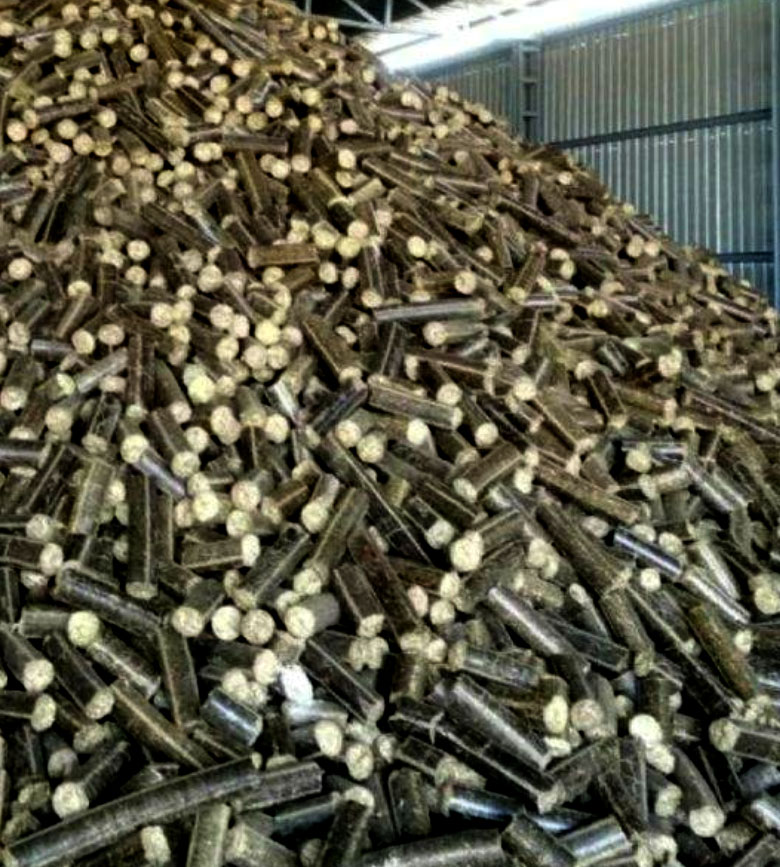BIO MASS POWER PLANT

BIO MASS POWER PLANT
Our biomass based power project at Vilathikulam road, kulathur North, Thoothukudi, Tamil Nadu, India
Our biomass based power plant will generate electricity by utilizing surplus biomass like coconut residues, Prosopis juliflora, saw dust ,wood chips & sugarcane trash and other residues like gram stalks, ginger stalks, tapioca stalks , cotton and chilly stalks and other biomass residues available in surplus in the area.
Our Power Plant well equipped with boiler, steam turbine generator set, power evacuation system and fuel handling system along with their auxiliaries

Benefits of BIO-MASS ENERGY
Sherwin Industries acting a major role to support our Environment through our Bio mass power project.
Renewable energy
Renewable energy sources are those that can be replenished after use. As a lot of biomass fuels – such as wood and plant life – can be regrown, it is a truly renewable source. As long as efforts are made to maintain the resources used for biomass energy through dedicated replanting and replenishment, it is a fuel source that has the potential to far outlast traditional fossil fuels.
The key difference between this and other renewable energy sources, such as the sun and water, is that need for maintenance. While plant life is abundant, using it without making efforts to replenish stocks can lead to large amounts of it still being wasted, as we see with deforestation.
Carbon Neutrality
The amount of carbon that is released into the atmosphere is a major contributor to climate change. Biomass reduces this because the fuel is a natural part of the carbon cycle, unlike oil and other fossil fuels. The only carbon that is released into the atmosphere from biomass fuels is what was absorbed by the plants during their lifecycles.
As these plants are replenished, the new ones then absorb the same amount of carbon again, creating a neutrality that sees no new carbon created. This makes biomass fuels exceptionally clean.
Less Dependency on Fossil Fuels
The more we use biomass energy, the less we need to depend on the fossil fuels that are major contributors to climate change and other environmental issues. The abundance of biomass materials available also far outweighs that of fossil fuels, making it a more readily available fuel source.
Better yet, if non-renewable materials, such as oil, aren’t being used for fuel, the limited supplies that we have can be used elsewhere.
It Is Versatile
Biomass energy is also amongst the most versatile alternatives available. It can be converted into many different fuel sources, each of which has varied applications.
It Reduces Waste
A lot of the waste that we produce is biodegradable and plant matter, which could be put to more efficient use elsewhere.
Biomass energy is often able to make use of the waste that would often sit and fester in landfills. This reduces the effects that such sites have on the natural environment, which are particularly pronounced in regards to contaminating local habitats and damaging wildlife.
This reduction in waste also opens up more areas for humans to live in, as less space is needed to create landfills.
